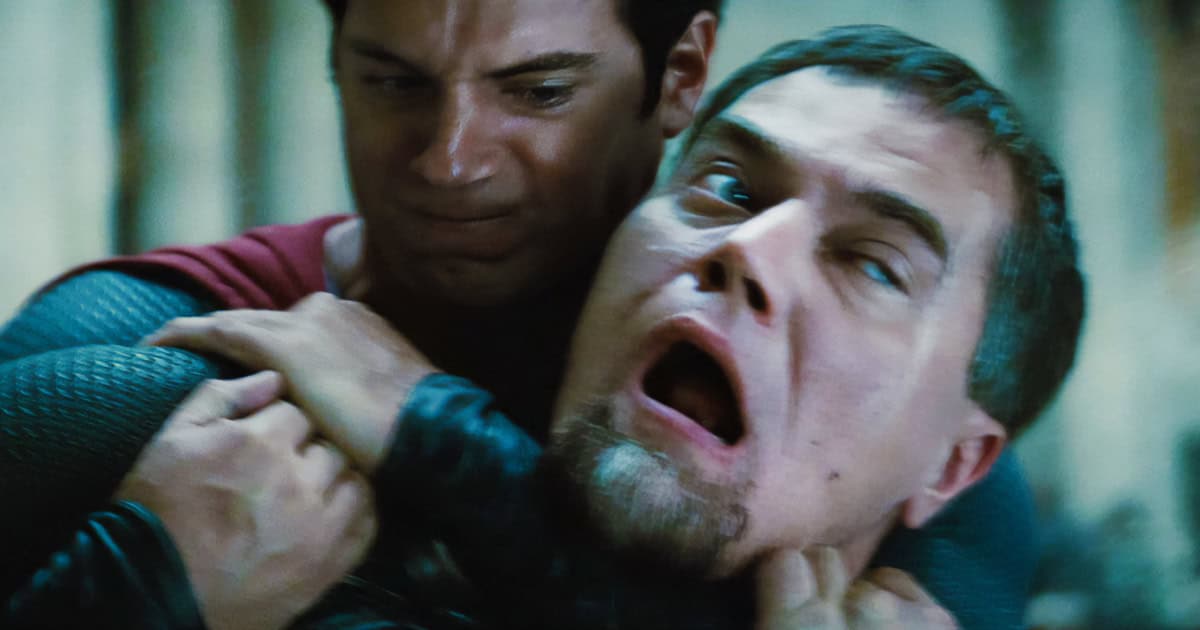Michael Shannon played General Zod in Zack Snyder’s Man of Steel, and his character played a big part in why the film is still viewed as somewhat controversial among Superman fans. During the final battle, Superman is forced to snap Zod’s neck to save a family. Although Superman has killed in the past, he generally adheres to a no-kill rule, so the move was met with considerable criticism.
While reflecting on his career with Vanity Fair, Shannon defended the moment. “Oh, gosh, I just wish people didn’t kill people. Period. I mean, whether or not they’re aliens from outer space, or just regular joes,” he said. “I guess one of the controversies with this film—and Zack [Snyder] engineered this, really—is that Superman is not supposed to kill anybody. So, I put him in a situation where, if he wants to save these people, he has to kill me, and he does. And that obviously led to a lot of sturm und drang, or whatever you say.“
Shannon continued, “I really loved working with Zack [Snyder], and I really loved making this movie. I think a lot of people say, ‘Oh, this isn’t what he usually does. He just went for the big payday,’ or something, but I’m proud of this movie. I think it’s actually about something.” The actor would return as Zod in The Flash a decade later, but he had much less to do.
Shannon can currently be seen starring in Nuremberg, a historical drama starring Rami Malek as a psychiatrist who is tasked with determining if Nazi leader Hermann Göring (Russell Crowe) is fit to stand trial. The actor will soon reunite with frequent collaborator Jeff Nichols for King Snake, a Southern Gothic horror film. The film, which will also star Margaret Qualley and Drew Starkey, follows a “young couple who inherit a farm in rural Arkansas and must conquer the demons, both physical and metaphysical, that haunt its legacy. Forces of good and evil collide in a terrifying film where real-world challenges crash headlong into other worldly creatures and myths.“
Does Man of Steel‘s neck-snap continue to be controversial, or does it work in the context of the film?

